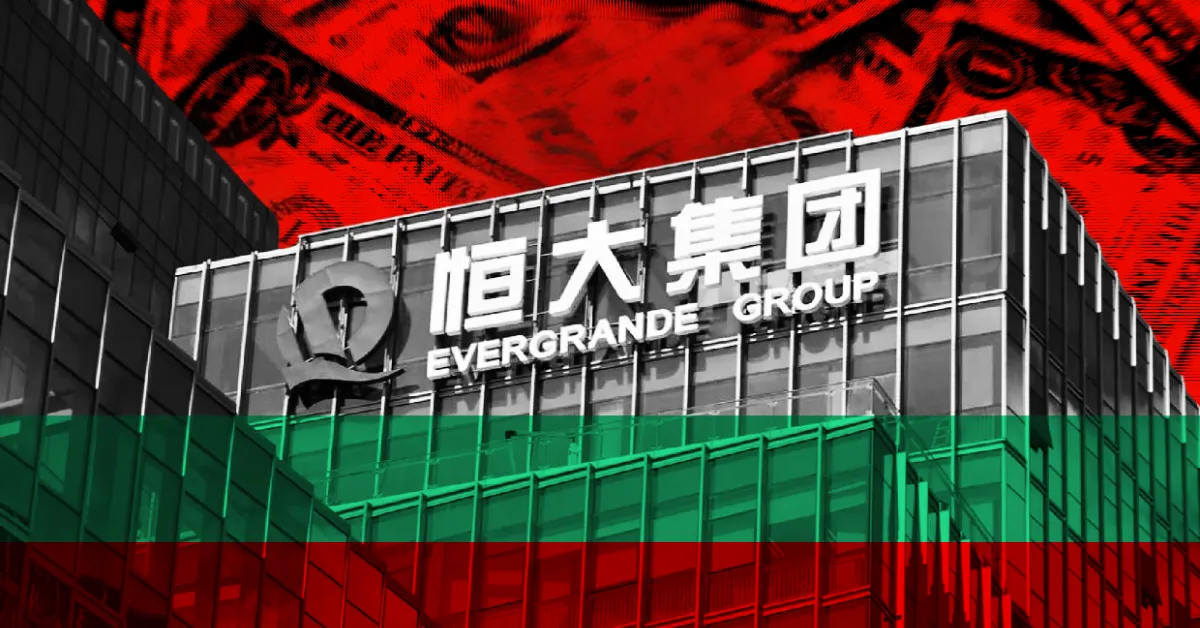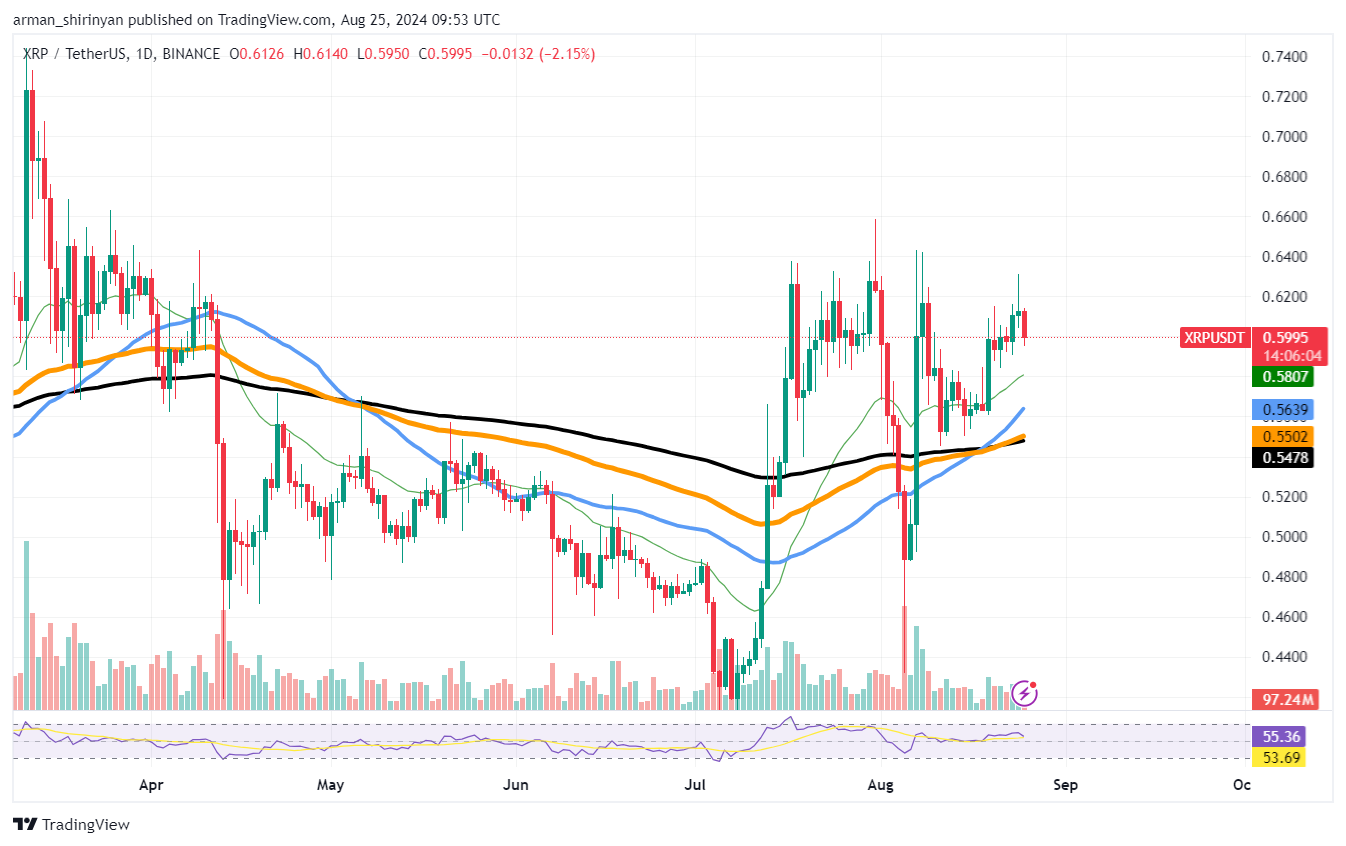China Evergrande Group faced a pivotal moment in court as it sought approval for its debt-restructuring plan. Unfortunately, the court’s decision on Monday mandated the liquidation of the real estate powerhouse. This development not only intensifies the real estate crisis but also casts a shadow over the world’s second-largest economy.
With Evergrande’s value plummeting by over 90 percent in the past year, the outlook appears challenging for a spectrum of investors, from banks to property buyers and fellow real estate entities. Adding complexity, the Chinese government is grappling with negative inflation, currently around -0.3 percent.
Understanding Evergrande’s Debt: By the Numbers
To grasp the scale of the Evergrande crisis, consider this: the company’s debt surpasses four times the Gross Domestic Product (GDP) of El Salvador and equals the combined debts of Chile, Romania, and Finland. The fallout extends beyond financial institutions; Evergrande, a significant employer, directly and indirectly impacts countless livelihoods. Additionally, the global supply chain faces disruptions as the company sourced building materials from various countries.
Read More: People’s Bank of China Pumps $139 Billion: RRR Cut to Boost Crypto!
(Harsh) Lessons Learned
The collapse of Evergrande serves as a significant lesson for investors who favored real estate over digital assets like Bitcoin. As the real estate giant falters, Hong Kong-based Harvest Global Investment, a leading fund manager, takes a strategic step by applying to launch spot Bitcoin exchange-traded funds (ETFs). This move hints at a rising demand for digital assets in the region.
Despite short-term market turbulence caused by profit-taking and recent Bitcoin sell-offs by Grayscale Investments, on-chain data reveals active accumulation by Bitcoin whales.
Did You Know? Justin Sun Predicts China To Join The Crypto ETF Race
What are the potential ripple effects of Evergrande’s liquidation? Tell us what you think.







